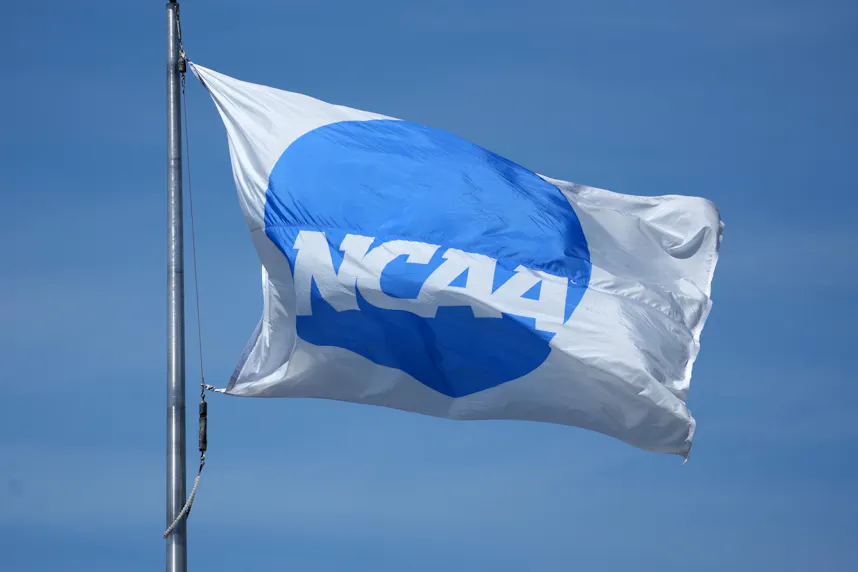NCAA Moves Toward Allowing Division I Staff and Athletes to Bet on Pro Sports

Last Updated: June 25, 2025 2:31 PM EDT • 2 minute read X Social Google News Link


The NCAA Division I Council voted June 24 to recommend a rules revision that would permit Division I student-athletes and athletic department employees to wager on professional sports games. The proposal is not yet final, however, and is subject to approval by the Division II and Division III governing bodies later this summer, as well as formal adoption by the Council in October.
The proposal is a move that the NCAA's other governing bodies have made. In April, the Division I Board of Directors, made up mostly of university presidents, voted 21-1 to direct the Council to deregulate professional-level sport gambling while putting into place support systems to help student-athletes who have a gambling addiction. The proposal keeps the current ban on wagering on college events and sharing confidential sports information.
The NCAA insisted that championship games will not be sponsored or advertised by the best sportsbooks. Institutional contracts with athletics employees are more likely to have more stringent requirements. For example, Alabama football head coach Kalen DeBoer's contract prohibits betting on college or professional athletics, as well as personally or promoting bets among players or staff.
The impetus for the change follows a series of gambling scandals, including a 2023 one in which 25 Iowa State and Iowa players were charged with illegal and underage gambling, including betting on college games. It's a topic of the utmost importance to the best sports betting sites.
Settlement creates precedent
The House antitrust agreement, effective July 1, is a thorough restructuring of NCAA policy regarding the payment of athletes. The agreement, which resolves three large lawsuits, allows colleges to pay athletes directly for using their name, image, and likeness (NIL) and to pay nearly $3 billion in damages to former athletes.
The deal permits schools to share up to $20.5 million with student-athletes annually beginning in the 2025-26 school year, with annual increases expected to reach $32.9 million in 2034-35. Scholarships and other benefits approved by the NCAA are excluded from that cap.
Though passed, the deal can be legally challenged on implementation because it contradicts state NIL rights laws. Congress is seeking legislative measures to preempt state law and provide an antitrust exemption to the NCAA.
On a practical level, most of the compensation will be centered on revenue-generating sports such as football and men's basketball. Institutions have started developing revenue-sharing models and fundraising mechanisms to fund these obligations.
The agreement also places stricter monitoring on third-party NIL deals. Transactions exceeding $600 must be disclosed to the school and a new clearinghouse, NIL Go, operated by Deloitte. At the same time, an independent enforcement body, the College Sports Commission, will monitor compliance.
It's expected that 75% of the $2.85 billion settlement fund will go to football players, 20% to basketball players, and 5% to other sports.

Ziv Chen X social






